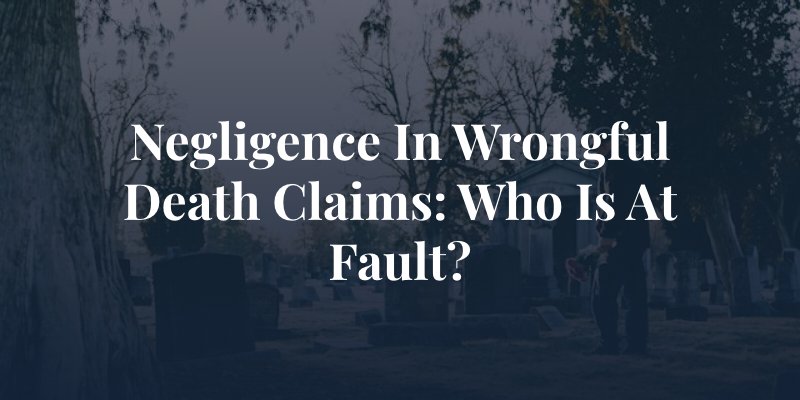
All deaths feel wrong when a loved one is taken too soon, but when the death was truly preventable if only someone else hadn’t been careless, reckless, or purposefully wrongful, then Florida’s civil courts allow close surviving family members to pursue a wrongful death claim. This civil case proceeds separately and independently of any criminal charges that may or may not also occur for the same incident that caused the death.
While a wrongful death claim doesn’t bring the loved one back, it does give them back their voice for justice while also providing compensation to close family members to relieve financial hardships caused by the death. Let our experienced wrongful death attorneys in Sarasota and Bradenton help you during this difficult time. Contact Shapiro | Delgado today online or call (941) 954-4000 to schedule you free consultation.
In criminal cases, the prosecution has the burden of proving guilt beyond a reasonable doubt, but the burden of proof for a wrongful death claim in Florida is substantially lower. In wrongful death claims, the family members of the deceased loved one (decedent) has the burden of proving that someone else’s negligence caused the death. Family members must prove their case through a “preponderance of the evidence” meaning they must present evidence showing that it’s more likely than not that the defendant’s actions caused the death.
A wrongful death claim is a type of personal injury claim. If the circumstances of the injury were such that the decedent could have filed a personal injury claim if they’d survived the injury, then the family members may file a wrongful death claim. As in many states, in Florida, a representative of the family must file the claim. Typically, this is the individual named as the executor in the decedent’s will or estate plan. If they left no will, then the court appoints a close family member like the spouse, parent, or adult child of the decedent to file the claim.
An experienced wrongful death attorney investigates all aspects of the death to document evidence of negligence by proving the following necessary legal points occurred in the case:
Once an attorney proves that the death was wrongful, they’ll carefully calculate the damages the family has suffered and will suffer in the future due to the loss. In personal injury and wrongful death claims, the word “damages” refers to the economic and non-economic consequences of the injury or death. When an untimely death occurs due to another individual’s or business’s actions, the family members may suffer financial hardship as well as grief and anguish from the death. A successful wrongful death claim provides compensation for those damages.
Wrongful death claims in Florida help to provide economic compensation to close family members for their economic and non-economic losses. These damages often include the following:
Successfully proving that negligence caused a preventable death and that the family suffered damages from the death helps provide family members a sense of justice and closure as well as financial compensation so they can begin moving on from their grief and anguish.
Notifications